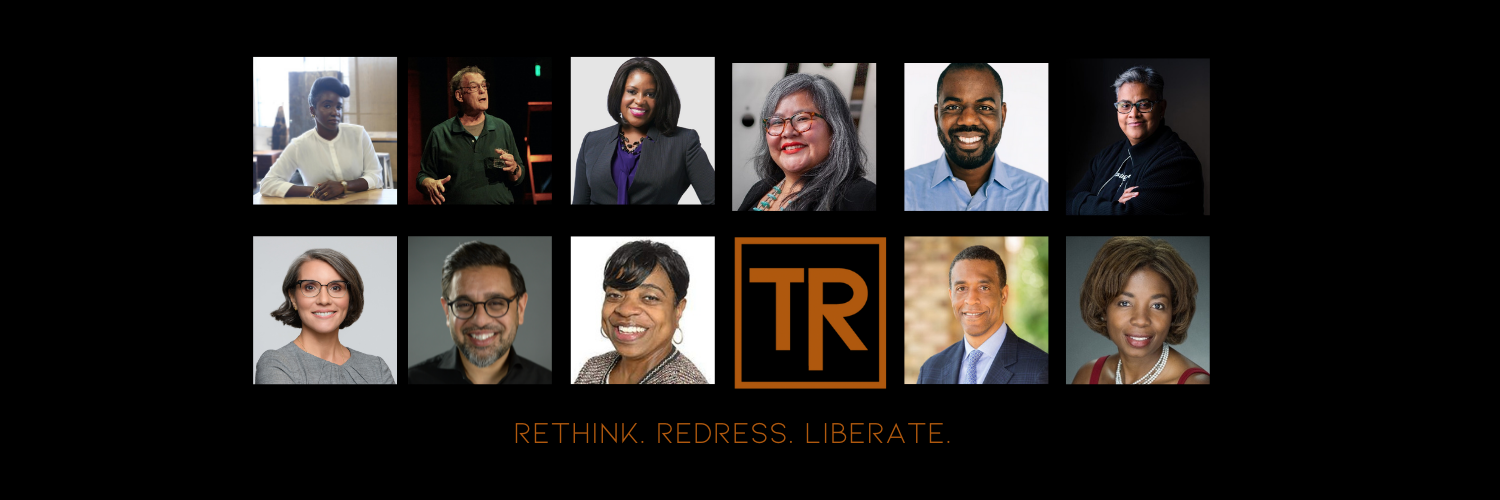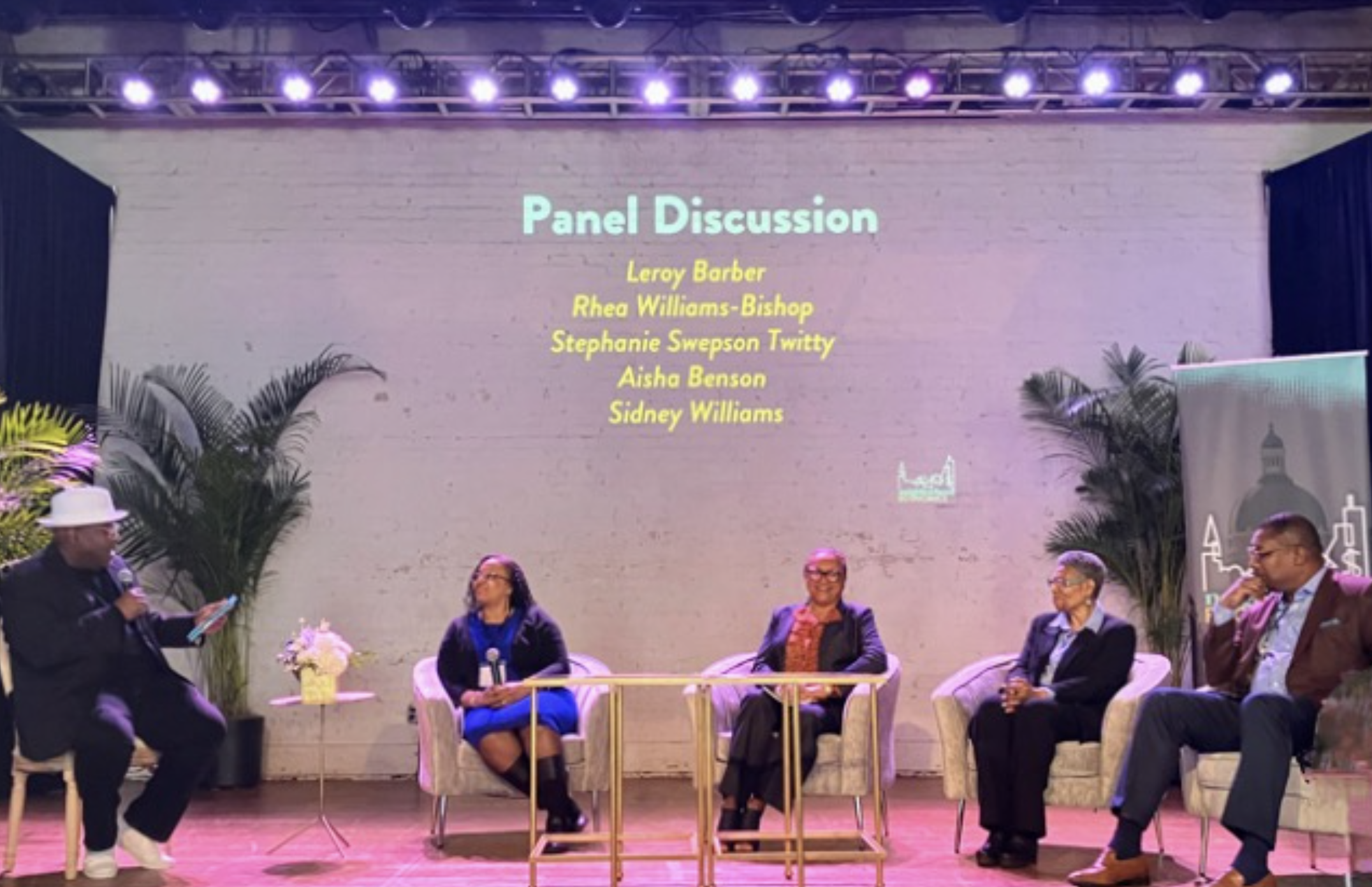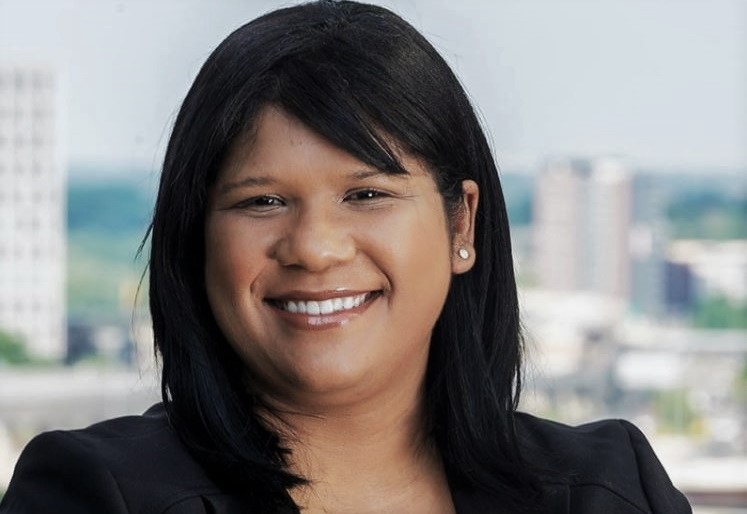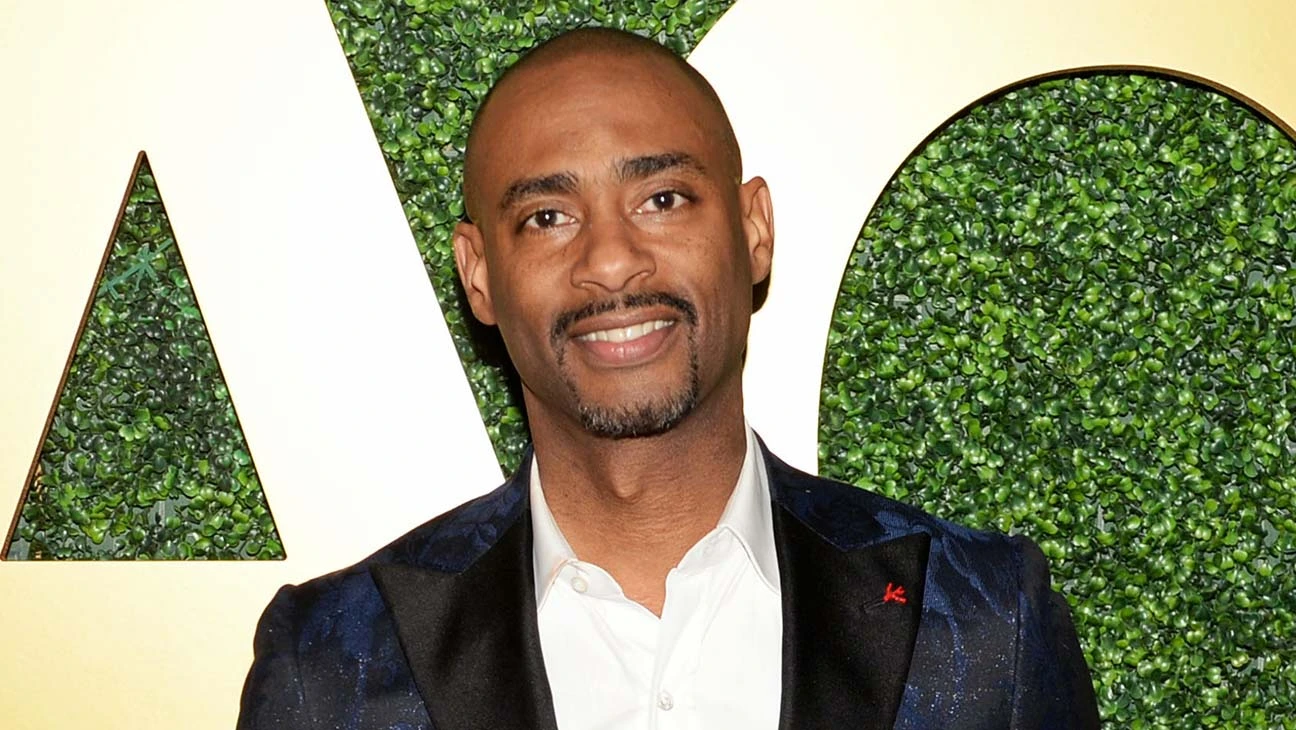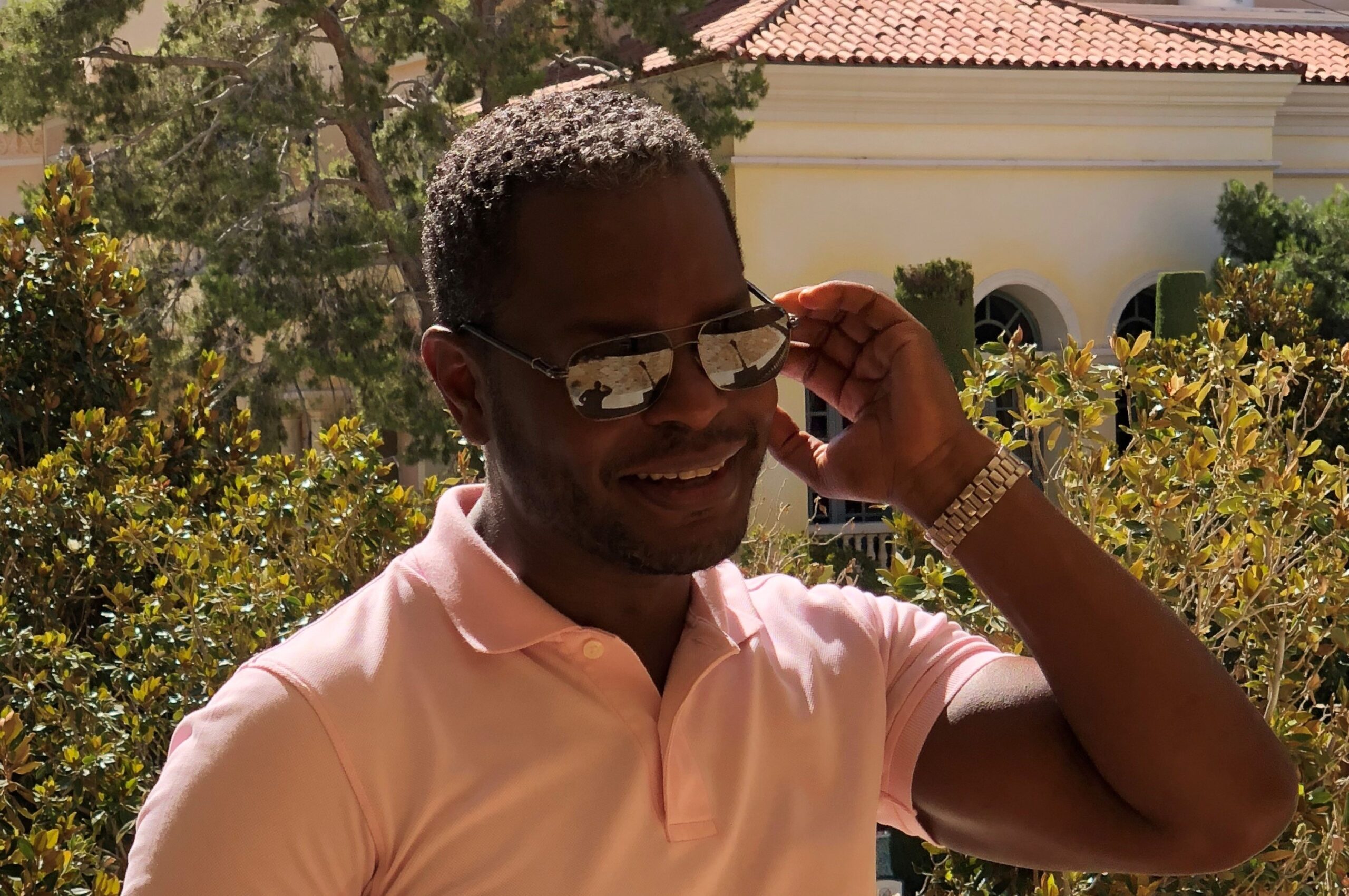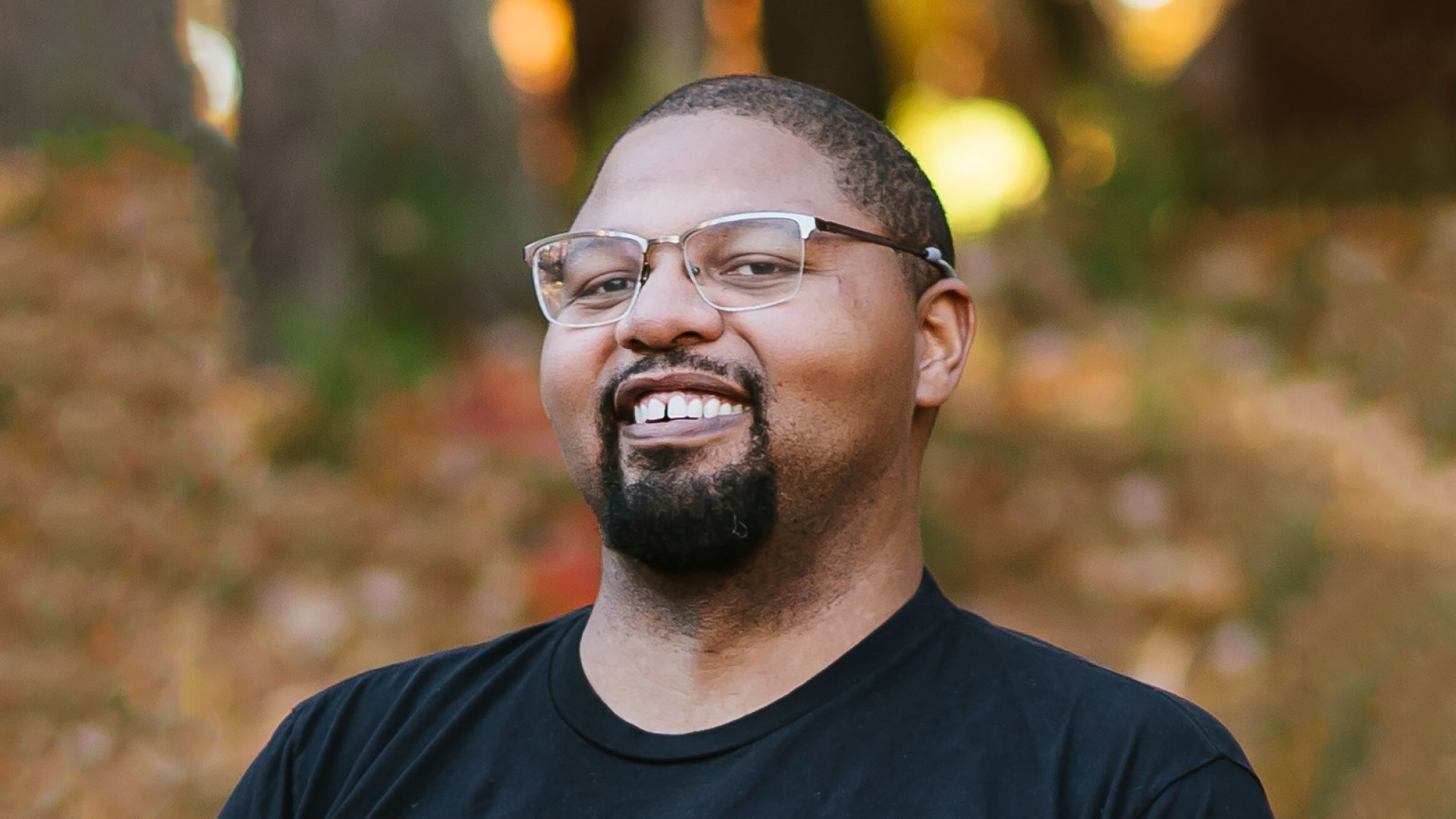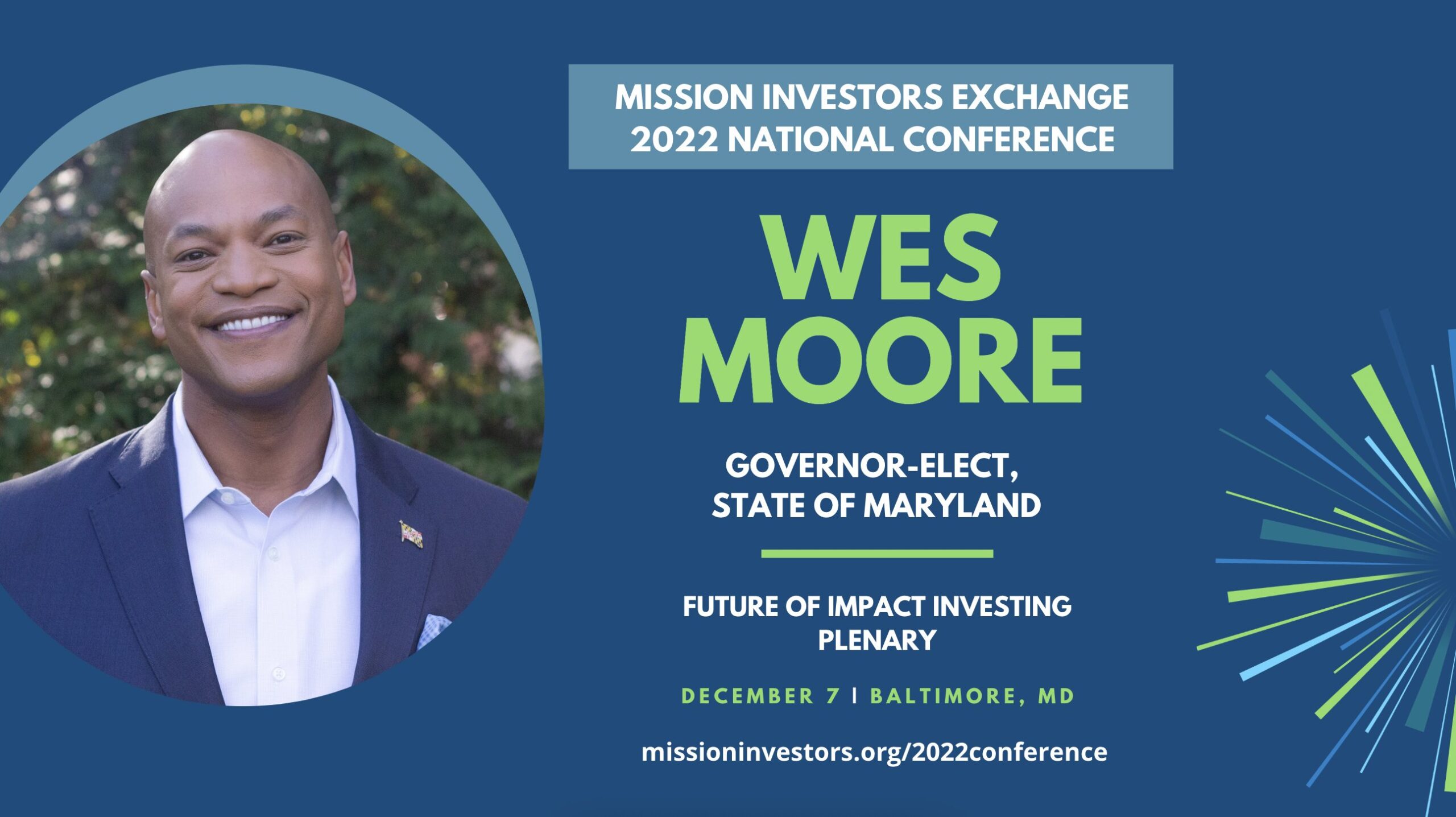ImpactAlpha, Dec. 7 – Injustice is a feature, not a bug, of our current operating system. It has haunted us for centuries.
In the U.S., institutions with systemic power have engineered racial, gendered, and economic hierarchies to design rules governing the rest of us, hoping we couldn’t see or couldn’t have voice or choice in the processes of change.
The last two years have exposed pre-existing systems failures and fragility. Human tragedy. Police brutality laid bare on social media. Global economic crises. U.S. democratic crises. Repression and authoritarianism. Pre-existing conditions all, glaringly demonstrated by a pandemic. It is increasingly difficult to look away for those who often have.
And so, once again, a movement of movements, old and new, is coalescing. The new direction knits hundreds of efforts, in human and civil rights, restorative justice, affordable housing, health equity, climate justice and more.
There have been many victories, but justice and liberation have not been collectively achieved. Since February, I have engaged more than two-dozen leaders of such efforts in a wide-ranging discussion: moving capital towards justice.
The Reconstruction podcast, produced by ImpactAlpha and supported by a team of social justice allies, tries to illuminate leaders who are modelling fundamental changes in behavior and perception are necessary to realizing any proactive vision.
Three words connect the different ways that leaders are lighting the way: Rethink. Redress. Liberate.
The original Reconstruction, after the Civil War, was a time of division and dislocation, but also systemic change and multiracial progress. The second Reconstruction, the civil rights movement, saw advances that cannot be reversed. This Third Reconstruction, with an acknowledgment to the Rev. William Barber II and many others, is another chance to get it right.
As I said in my original welcome to the podcast series, this reconstruction must help us build a post-pandemic world on a foundation of economic liberation and racial justice. This reconstruction needs to reflect new majorities. This reconstruction needs to prioritize justice as it redistributes power. And this reconstruction will require the impact investing community to engender the changes in practice and new energy needed to do things differently.
We are in a fight for justice and liberation. Are they possible? I believe the answer is yes: this quilt of movements can still fulfill the promise of our ancestors by rethinking, redressing and moving toward liberation.
Rethink
Rethinking isn’t merely about conceptualizing and creating new funds or programs. It is to question what you know and be open to unlearning, because no one is exempt from getting the dual program of white supremacy and patriarchy uploaded into consciousness. It takes constant intentional effort to de-program and uproot these poisons from our minds, our culture, and our systems, including our financial system.
Honestly, this has been a journey for me. If you had asked me 15 years ago what liberation had to do with finance, I would have given you a blank stare (during my earlier career, I spent time at various investment banks in debt capital markets and commodity derivatives in New York, London and Houston).
Since then, I’ve learned that the capital markets may be among our most significant expressions and perpetuations of injustice.The flow of money shapes our systems of power and policymaking. It decides who has the freedom of choice and who doesn’t, who has value and who doesn’t.
Injustice haunts the basic rules of finance.
”We challenged ourselves to say, ‘How are we, as Enterprise, complicit?’” Lori Chatman of Enterprise Community Partners told me. Enterprise’s initiative, Equitable Path Forward aims to redefine risk in real estate underwriting and unlock broader access to capital for developers who are Black, Indigenous or other people of color.
“Let’s begin to think about and apply an equity lens to that and see what we can be doing differently.”
To realize the third Reconstruction, workers in the financial markets must learn the uncolonized version of American history and unlearn the history taught by those who would use it as a weapon; call it, the lies your teacher told you. For too long, too many have behaved as if we move on from the past by erasing the truth. But the ghosts of injustice haunt our systems. They also haunt our minds and souls:
“They still, to this day, tell us ‘get over it,” Dr. Tiffany Crutcher reflects in our conversation about the destruction of her great grandmother’s community in Tulsa, Okla., in 1921. Crutcher connects the Tulsa Massacre and the murder of her brother by police in 2016.
“It is the same white supremacy culture that we deal with today that was so blatant 100 years ago. And the fight continues,” Crutcher says
She said some people in Tulsa ask her, “Why are you holding… a community accountable for something that someone else did 100 years ago?’” Crutcher asks rhetorically. “They continue to tell my family, ‘Why are we still talking about Terence Crutcher almost four and a half years later?’”
“The same culture that burned down my great grandmother’s community is the same culture that killed Terence Crutcher.”
Redress
For Black people and Indigenous people in America, Redressal is about being recompensed for harm and having space to heal, a critical point raised by Anne Price, Latresa McLawhorn Ryan, Kelli Saulny and other guests in The Reconstruction podcast series.
For people who have benefited from racial hierarchy, Redressal is the act of openly acknowledging systemic inequity and holding yourself accountable for change.
Price, who heads the Insight Center for Community Economic Development, is co-author of “Centering Blackness: The Path to Economic Liberation for All,” which was seminal in conceptualizing the podcast series.
In our conversation, Price said she thinks about James Baldwin, when he says, “Whatever white people do not know about Black people reveals precisely what they don’t know about themselves. And when you don’t know yourself fully, how can you truly be whole? And so this healing is something that needs to happen collectively.”
In that space of healing, the possibilities for renewal and creativity are endless.
“Imagination is one of the spoils of colonization, which in many ways is claiming who gets to imagine the future for a given geography,” writes Adrienne Maree Brown in Emergent Strategy. She goes on:
“Losing our imagination is a symptom of trauma. Reclaiming the right to dream the future, strengthening the muscle to imagine together as Black people, is a revolutionary decolonizing activity.
We are living in the ancestral imagination of others, with their longing for safety and abundance, a longing that didn’t include us…
We are living now inside the imagination of people who thought economic disparity and environmental destruction were acceptable costs for their power. It is our right and responsibility to write ourselves into the future.”
Liberate
We must build our muscles of rethinking and redressal until we are free from poisonous ideas about what is normal.
As we “emancipate ourselves from mental slavery,” in the words of Bob Marley, repair and healing aren’t one-time actions, investments, or grants. They become the building blocks of a society that prevents harm and supports resilience and regeneration.
“We have to make it a national project to build resilient people, surround them with the abundant resources they need, have their backs, build and fund their safety net, provide them jobs. Make sure they’re good jobs with careers and take care of each other,” says Saket Soni of Resilience Force, which fights for workers in the courts, develops policy agendas for equitable disaster relief, and shares the stories of workers, who often bear dehumanizing and unsafe labor conditions in the wake of natural or not-so-natural disasters.
“That’s the true meaning of resilience.”
As Patience Marime-Ball from Women of the World Endowment admonished, “let us not unsee.”
Instead, let us create a new imagination, to turn what we have seen over these last two years into kinetic energy for meaningful, sustainable action.
Let us create a shared vision for a future that makes justice normal. Let us be good ancestors.
Monique Aiken is managing director of TIIP, The Investment Integration Project, and a contributing editor at ImpactAlpha. Catch up on all the episodes of The Reconstruction podcast, and all of ImpactAlpha’s coverage of racial justice and inclusive prosperity, on The Reconstruction landing page.

